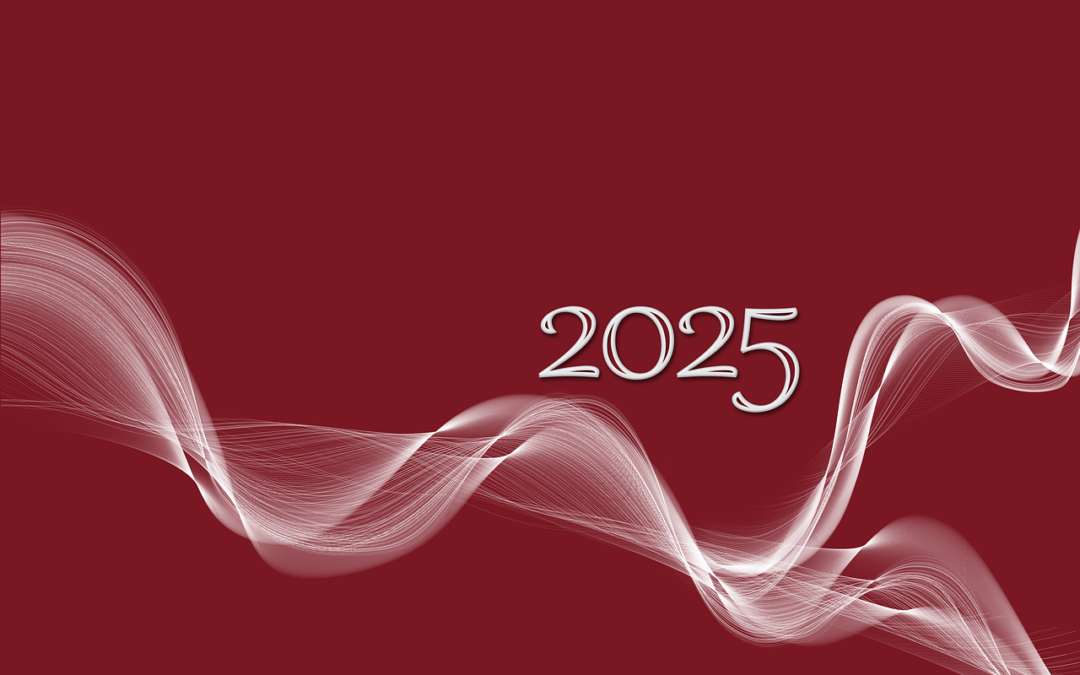
Letter from America - D.O.G.E.!
Letter from America - D.O.G.E.!
Donald Trump and Elon Musk have created an advisory agency outside the United States government that will advise Trump on how to cut a significant amount of spending from the federal budget. Musk initially thought he could cut $2 trillion, but later admitted that it would be a smaller amount. But cutting a significant amount – an amount that would make a big difference – will not be easy. To understand this, it is necessary to explain a few things about the US federal budget.
U.S.A. Federal Budget
The federal government has a budget of $6.75 trillion for 2024. The budget is divided into two parts: mandatory spending and discretionary spending. Mandatory spending cannot be cut, as Trump himself has declared, no matter how big or small it is. In that category, programs such as: health (Medicare and others): 28%; Social Security: 21%; defense: 18% and repayment of the national debt: 14%. That’s 81% of the federal budget, or nearly $5.5 trillion of the $6.75 trillion. Even if you cut everything in the discretionary budget (veteran benefits, transportation, agriculture, unemployment benefits, housing assistance, and more), you’d only cut $1.25 trillion. But it wouldn’t be realistic to cut everything discretionary.
We don’t know much about Musk’s intentions when it comes to cutting back. Incidentally, Vivek Ramaswamy, a former presidential candidate and tech billionaire, was originally Musk’s partner, but he’s leaving that position to run for governor in Ohio. But there are other tech stars like venture capitalist Marc Andreessen working with Musk at D.O.G.E. There’s no shortage of smart people, no doubt!
D.O.G.E. Plans
Musk and Ramaswamy wrote that the main focus would be “reductions in the number of employees across the federal bureaucracy.” Otherwise, however, the story is shrouded in secrecy. It’s no wonder that federal employees are wary of the uncertainty surrounding their careers. It’s easy to believe that those same employees are in a state of awe and fear, especially when you consider what Musk did to Twitter after buying it—namely, laying off 80% of its employees.
On the other hand, however, as other industry leaders have discovered, there are significant differences between government and industry. Cutting or even changing any aspect of government—from headcount to budget to the rules pages in the federal register—is a thankless task.
The challenges facing D.O.G.E.
In any case, it won’t be easy for Musk and his employees at D.O.G.E. achieve its objective. Here are a few difficulties they will face:
Another Challenge!
This is not the first time that federal spending has been cut. In the past 50 years, annual federal spending has only been cut five times, and no reduction has been greater than 8%. Those cuts have occurred in special cases – after the 2008-9 financial crisis, and after the 2020-2023 pandemic. Even in the 1980s under Ronald Reagan himself, who created a commission to reduce federal spending and instructed its members to “work like a bloodhound without ceasing,” spending increased every year.
Conclusion
The United States Congress is in charge of spending. On the one hand, its members say that government spending needs to be cut, but on the other (and for good reason!) they are not willing to cut spending in their own constituencies.
This puts D.O.G.E. in trouble, and they are gradually learning the hard truth in that department. Musk recently said that a $2 trillion cut would be the best case scenario, and while he would try to achieve that goal, they are more likely to reach $1 trillion. D.O.G.E. has been putting its own employees in federal operations for quite some time, to gain a deeper understanding of their operations and inefficiencies.
Musk and D.O.G.E. aim to have the task completed by July 4, 2026. That way, if legislation is needed, Congress will have six months to pass it. When you consider how large and complex the U.S. government is, they’re going to need every minute of that time in D.O.G.E. for this massive and complex task!










